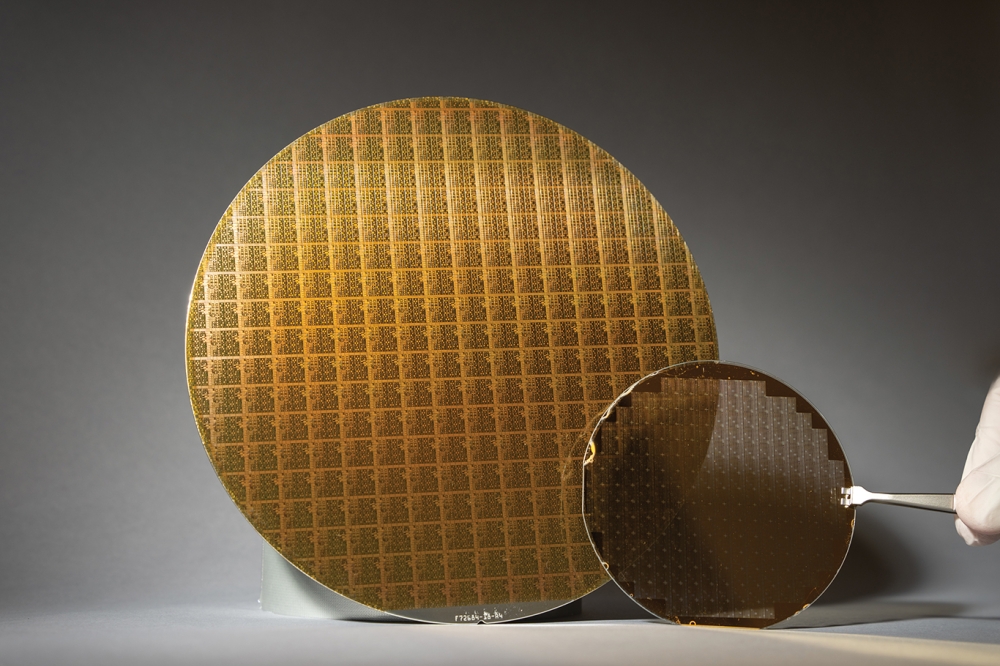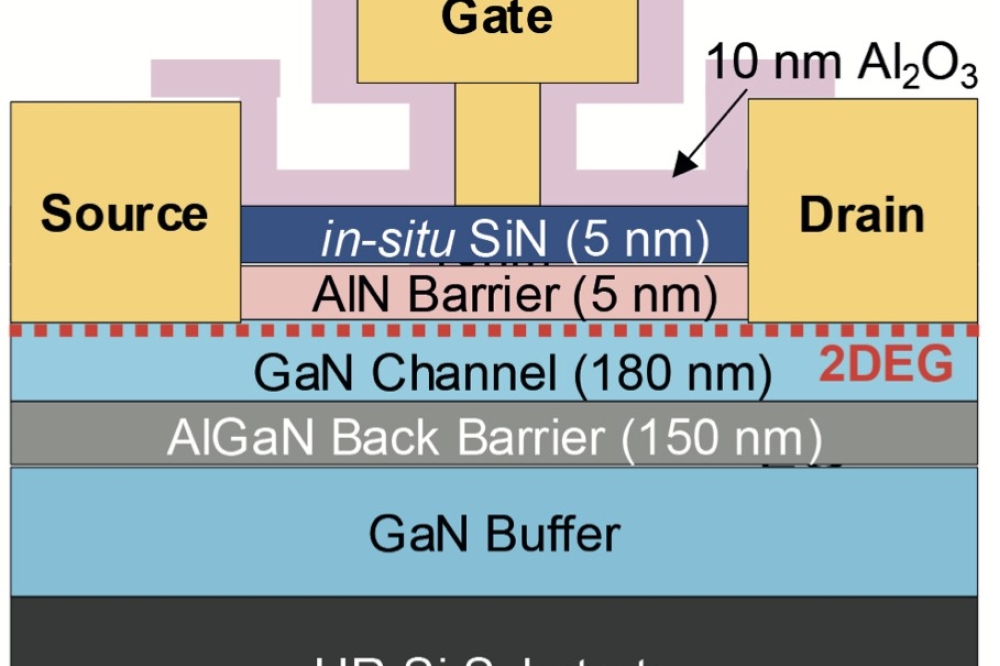Could GeSn Laser be used for computer super chip?
A multi-institutional team of researchers, led by University of Arkansas engineering professor Shui-Qing "˜Fisher' Yu and semiconductor equipment manufacturer ASM America, have fabricated an optically pumped laser made of the alloy GeSn grown on silicon substrates.
According to the team, the augmented material could lead to the development of fully integrated silicon photonics, including both circuits and lasers, and thus faster micro-processing speed at much lower cost. The findings were published in Applied Physics Letters.
GeSn tin holds promise as a semiconducting material for future optical integration of computer chips, because it harnesses efficient emission of light. In recent years, materials scientists and engineers, including Yu and several of his colleagues on this project, have focused on the development of GeSn, grown on silicon substrates, to build a so-called optoelectronics 'super chip' that can transmit data much faster than current chips.
Yu and his colleagues' most recent contribution to this effort is an optically pumped laser using GeSn.
"We reduced the laser threshold 80 percent at a lasing operation temperature up to 110 Kelvin," Yu said. "This is significant progress compared with the previously reported best result and shows that GeSn holds great promise as an on-chip laser."
On this project, Yu and his colleagues worked with ASM America Inc.'s research and development staff, who developed the growth methods. ASM's methods produce low-cost and high-quality GeSn in an industry standard CVD reactor.
In addition to Yu, the research team includes John Tolle, epitaxy research and development manager at ASM; Joe Margetis, epitaxy engineer at ASM; Hameed Naseem, professor of electrical engineering at the University of Arkansas; Mansour Mortazavi, professor of chemistry at the University of Arkansas at Pine Bluff; Wei Du, professor of physics at the University of Arkansas at Pine Bluff; Baohua Li, CEO of Arktonics LLC; Jifeng Liu, professor of engineering at Dartmouth College; and Richard Soref and Greg Sun, professors of engineering at the University of Massachusetts Boston.
The University of Arkansas' researchers are supported by the US Air Force Office of Scientific Research and the US National Science Foundation.


































